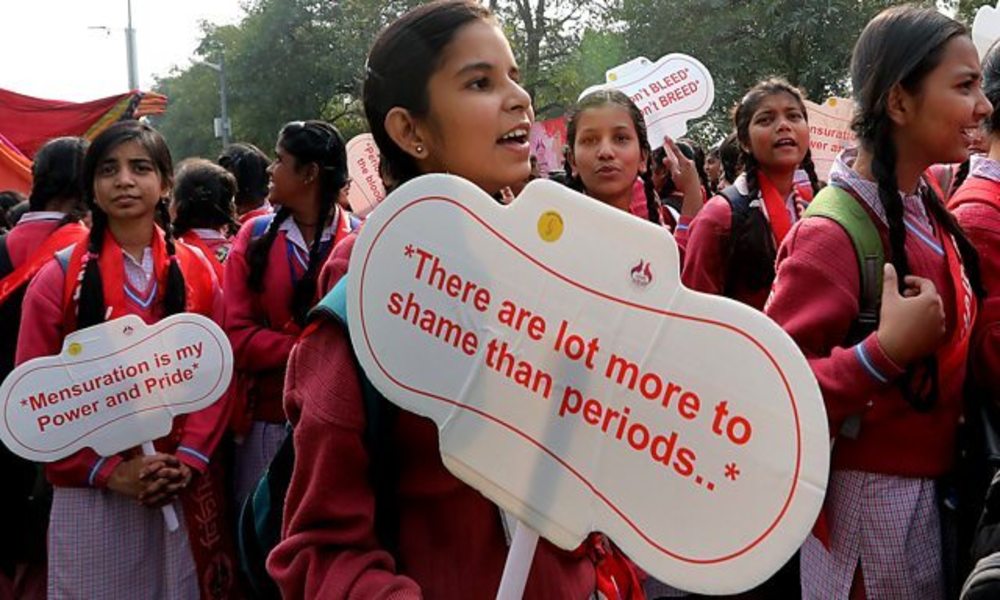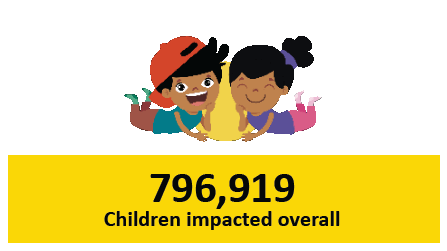
“Your Period Your Power – Female Health Awareness”

- Organizer: Maleha Marwah
- FROM: July 15, 2024
- TO: December 30, 2024
- Donate Now

$1,075.00 donated of $5,000.00 goal
- Maleha Marwah
- $ 1075
- Campaign has ended
- 10 Donors
Join me in supporting CRY's children
Menstruating women in India face significant restrictions due to the belief that they are impure, leading to their exclusion from social and religious events, temples, shrines, and even kitchens. In some rural and tribal communities, women must stay in separate menstrual huts during their periods. A lack of open conversation about menstruation results in 71% of adolescent girls being unaware of it until they experience it, causing avoidable fear and anxiety. Only 36% of India’s menstruating females use sanitary napkins, while the rest rely on harmful materials like old rags, husk, ash, leaves, mud, and soil. This lack of proper menstrual hygiene management contributes to health risks and perpetuates stigma. Social media has recently become a platform for women to share their menstrual experiences, but many families still cannot afford menstrual hygiene products, leading to 23 million girls dropping out of school annually due to inadequate sanitation facilities and access to sanitary products. Campaigners stress the need for education, awareness, and policy changes to challenge these deep-seated taboos and improve menstrual hygiene practices. Addressing these socio-cultural taboos and myths is crucial to improving the emotional, mental, and physical health of girls and women in India.
This is a story of a girl named Revathi who grew up to be an ambassador: Revathi and her sister moved to a slum in Madanapalle, Andhra Pradesh, to live with their grandparents for better education. But her grandparents’ strict rules kept her from going to school and making friends, leaving her sad and lonely. In 2013, a worker from PORD, a group supported by CRY America, invited her to join a children’s group. This changed her life. Revathi became passionate about child rights, joined activities, received training, and spoke up for her community. She helped enroll children in school, stopped child marriages, and taught girls about menstrual hygiene, reaching over 5,000 girls. Her hard work earned her the Youth Changemaker Award from the Ashoka Foundation. She went to college and now works at Wipro, continuing her hygiene programs. Revathi’s story shows how education and support can create lasting change, turning people into community leaders who inspire others.
CRY America Impact

Donors
| Name | Amount |
| Anonymous | $200 |
| L S | $200 |
| Parveen Kaur | $100 |
| Priya Hirani | $100 |
| Sheena Shalia | $100 |
| Pragya Gupta | $100 |
| Susmita Baweja | $100 |
| Sharan Kaur | $100 |
| Jaskaran Marwah | $50 |
| Anonymous | $25 |





